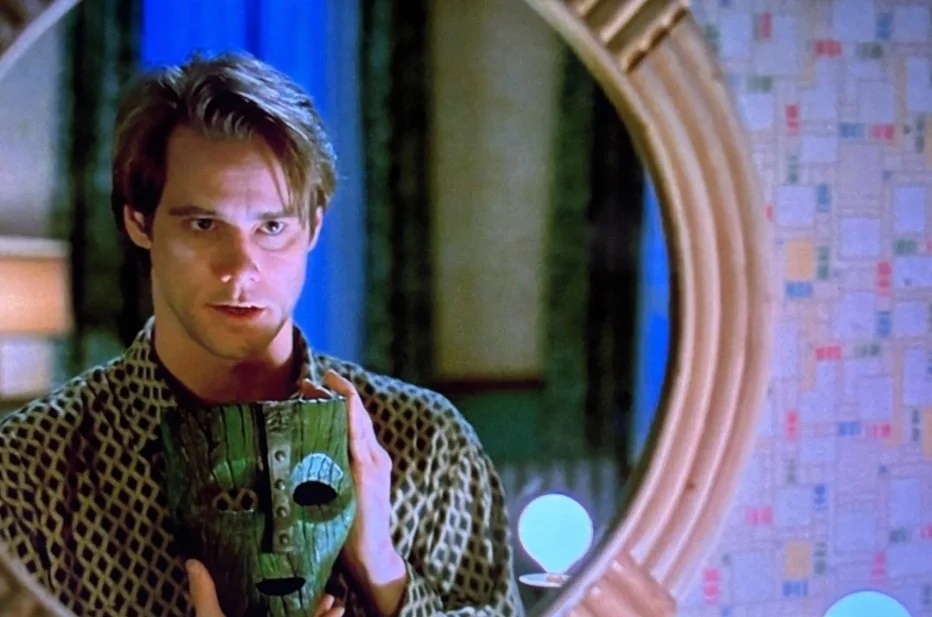“The Mask”, featuring Jim Carrey, is a great movie that illustrates what the Enneagram types are like: masks (or personas) we don until we become so “fused” with them that we forget our true selves. Read this blog to learn about your mask!
Enneagram Types & Therapy
Enneagram Heart Types Panel: Type 2, 3, and 4
How Enneagram Type-Specific Retreats Help You Dive Deep into Your Personality
Enneagram & Personal Styling
What's Your Relationship With Rest?
How Different Enneagram Type Really Feels About Their Birthdays
The Central Themes for Each Enneagram Type
The Nine Types of the Enneagram
The Emotional Habits of Enneagram Head Types
The Emotional Habits of Enneagram Types (Part 1: Introduction)
Joanne (OliveMe Counseling) and Melinda (Inviterra Counseling) are Enneagram therapists who love helping people grow beyond their reactive patterns of thinking, feeling, and doing. Listen to the introduction of their 4-part series as they discuss emotions, the Enneagram, the three Centers of Intelligence and dominant instincts.
The Enneagram at Work: 3 Professional Tips for Each Type
Integrating the Three Centers of Intelligence: Head, Heart, Body
Reflections of an Enneagram Type 4 at an Inner Work Retreat
How Enneagram Retreats Help You Grow
My Annual Heart Cleaning
Why Self-Judgment Doesn't Help But Actually Keeps You Stuck
What is Self-Referencing + Others-Referencing?
All of us have the capacity of being self-referencing or others-referencing - using ourselves and others as reference points for life, respectively. But what’s the difference between being self-referencing and being selfish, and being others-referencing and being generous? How can we grow beyond our Enneagram type by practicing both options?



























